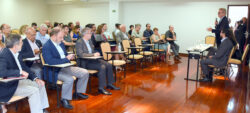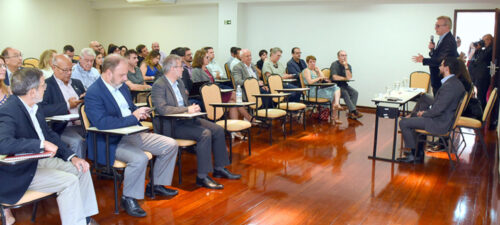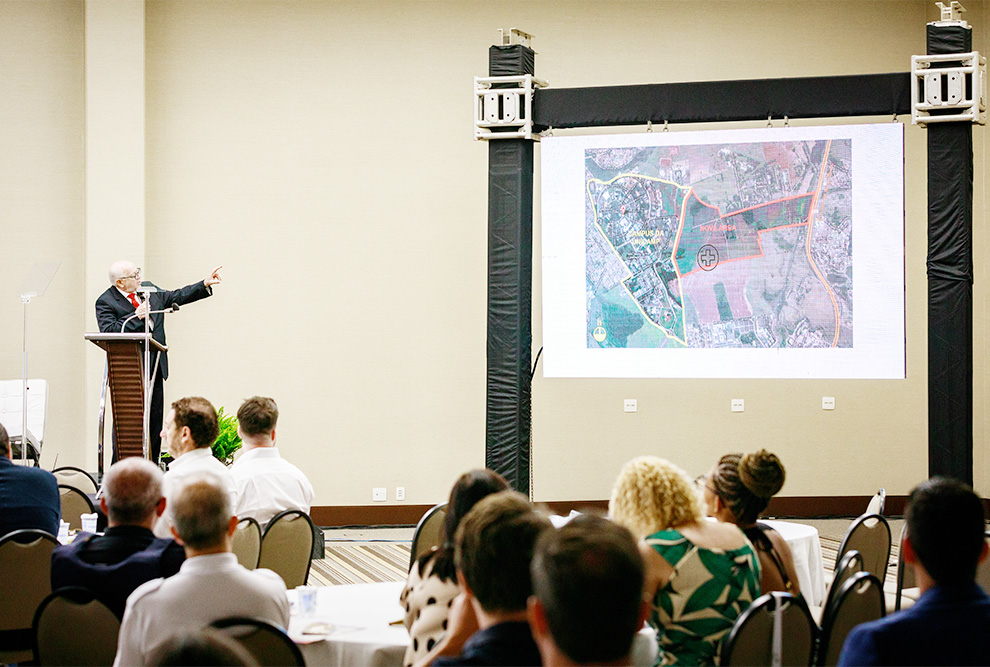
Data from a survey carried out by Unicamp, released this Friday (17), show that the Metropolitan Region of Campinas (RMC) has the lowest number of hospital beds compared to Brazil and the state of São Paulo.
According to data presented by the Director of the Health Area at Unicamp, Oswaldo Grassiotto, for at least 30 mayors of the RMC, the Mogiana Region and the Circuito das Águas, the average number of beds per thousand inhabitants is 2,5 in Brazil, reaches 2,0 in the state of São Paulo and reaches an index of only 1,0 in the MRC.
According to the data, the analysis of the evolution of the number of SUS hospital beds, registered in the National Council of Health Establishments (CNES) in the period from 2008 to 2021, indicates a progressive drop in the beds of the Regional Health Care Network (RRAS ) 15 — which includes the Health Departments of Campinas and São João da Boa Vista. This drop was around 19% until 2017.
There was a slight growth in the years 2020 and 2021, but insufficient to replace the 2008 numbers, according to the study. According to the survey, the drop in the number of beds was due to the decrease in surgical, obstetric, pediatric and other specialty beds, in addition to day hospital beds. The result of this is a progressive increase in waiting lists for elective surgeries.
In December 2022, according to the records of the Center for the Regulation of Services and Health for RRAS 15, the demands still repressed were 20.814 patients awaiting treatment in ophthalmology, more than 10.8 in orthopedics and almost 6,5 in dermatology. In total, 56 thousand people are waiting today, in the region, for an elective surgery. (See full picture below).
The survey also showed that more than 80% of admissions to hospitals in the health network occur on an emergency basis. In the MRC, this index is 81%. The diagnosis also showed that 90% of the demand of the hospital network of the RRAS15 originates in the municipalities of the health region of the RMC; about 5% comes from other municipalities in the state of São Paulo, and 2,5% from municipalities in other states.
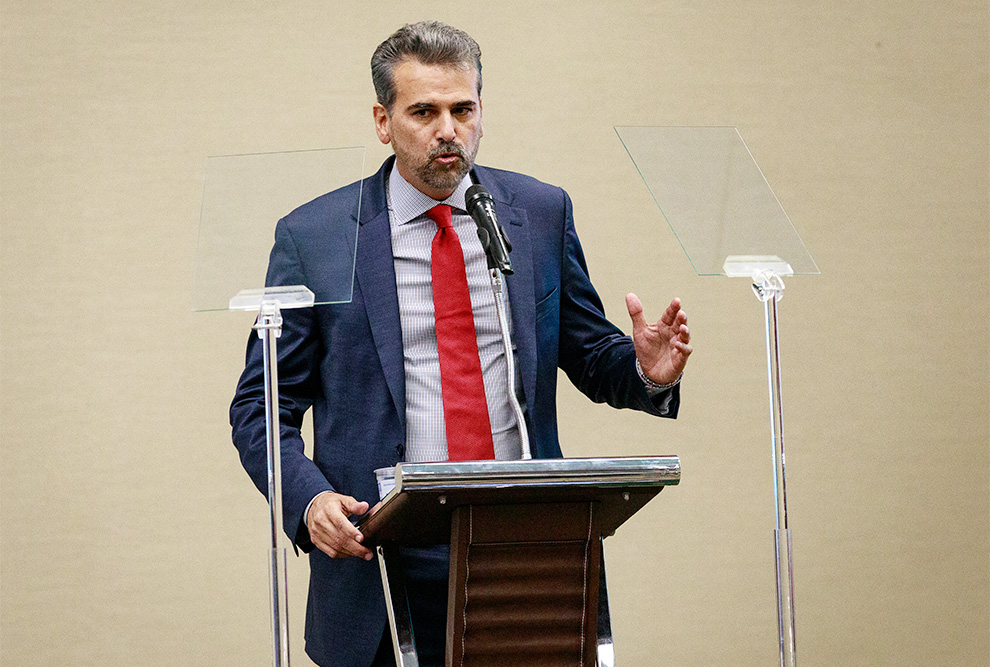
Smart Cities Movement Institute
The study carried out by Unicamp should be part of a series of data surveys carried out by the Instituto Movimento Cidades Inteligentes (IMCI) for the Infratech – Intelligent Public Management platform, the Council's support arm.
According to the president of the Development Council of the RMC and mayor of Jaguariúna, Gustavo Reis (MDB), the study will subsidize the municipalities with a view to building the future Metropolitan Hospital, which will create about 300 new vacancies and should relieve the queue at the Central de Regulation of Health Offers and Services (Cross), by the Government of the State of São Paulo.
“It is a study that will provide guidelines for regional health and is aligned with our fight for the construction of the Metropolitan Regional Hospital, a flag of all the mayors that are part of the RMC Development Council”, explains Gustavo Reis.
The construction project for the Hospital Metropolitano is ready, according to the director of the Health area at Unicamp, Oswaldo Grassiotto. According to him, the University has already reserved an area of approximately 40 m² in the region where the HIDS (International Hub for Sustainable Development) is being installed — an intelligent district, which will bring together the academic sector, research and technology and innovation.
The equipment will have capacity for about 300 beds — 50 for ICU (Intermediate Care Unit) and ICU (Intensive Care Unit). According to the study, the cost of building the hospital is estimated at BRL 320 million, and funding will require BRL 250 million per year. The financing must be done by the SUS (Unified Health System).
According to the proposal, technical management will be carried out by Unicamp, through a management contract, with referenced elective and urgent care. According to Grassiotto, a structure like this is built in about two years. The Health structures managed by Unicamp in the region of Campinas and surroundings total 13 hospitals and health units, which, together, offer close to a thousand beds.
In addition to the HC, the Caism (Women's Hospital), the Gastrocenter and the Blood Center, the structure has the State Hospital of Sumaré and the Regional Hospital of Piracacaba, in addition to the AMEs (Medical Specialty Outpatient Clinics) in Amparo, Limeira, Mogi Guaçu , Piracicaba, Rio Claro, Santa Bárbara D'Oeste and São João da Boa Vista. In total, the University's services in this sector cover 125 municipalities.
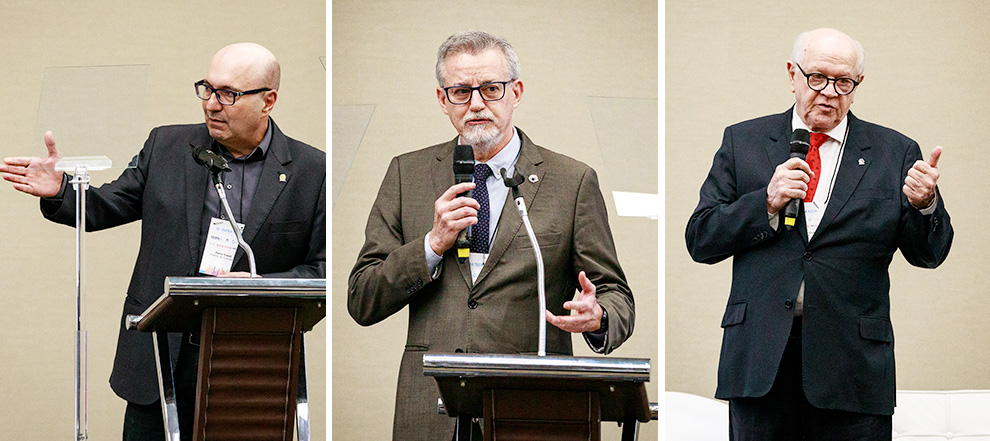
More government investment
The mayor of Campinas, Dario Saadi, recalled that the region is experiencing a crisis due to the lack of pediatric and maternal-fetal beds. He asked for more investments from the state government and reinforced the need for a new public hospital in the region.
“We are experiencing a crisis in the pediatric sector in the RMC, especially maternal-fetal care. I echo, here, with Mayor Gustavo Reis and with all the other mayors present, not only for more investments by the state government in assistance and the opening of new beds, but also so that we can leave the Hospital das Clínicas at Unicamp for consultations more complex,” he said.
“This type of service is extremely difficult to obtain in the private sector or even in the philanthropic sector. And we need to remember that Unicamp's HC has this capability. In fact, we are defending the rational use of the HC structure”, stated the mayor of Campinas.
The need for a metropolitan hospital was also defended by mayors of municipalities beyond the MRC.
Present at the meeting, Mayor Marcelo Zanetti, from São José do Rio Pardo, assesses that the construction of a metropolitan hospital in Campinas can positively affect his city. “We believe in a regionalization or micro-regionalization project, so that we can take advantage of the potential of each region”, he said. “What is eventually offered in one region may be lacking in another. So, this project would certainly strengthen the bonds between the municipalities and make it possible to better serve our population”, he concluded.
“The construction of a hospital like this will greatly affect care throughout the region. The hospital will mean a lot to us, because Campinas is our reference”, said Mayor Osvaldo Moreira, from Santo Antonio do Jardim.
Mayor José Francisco Martha, from São Sebastião da Grama, recalls that, for smaller municipalities, the demand is almost always greater than the supply of services. “We have a regional hospital, but a hospital here in Campinas can contribute, as the demand for health is always greater than our availability. We, who are below 20 inhabitants, always need to seek help from larger cities, ”he argues.
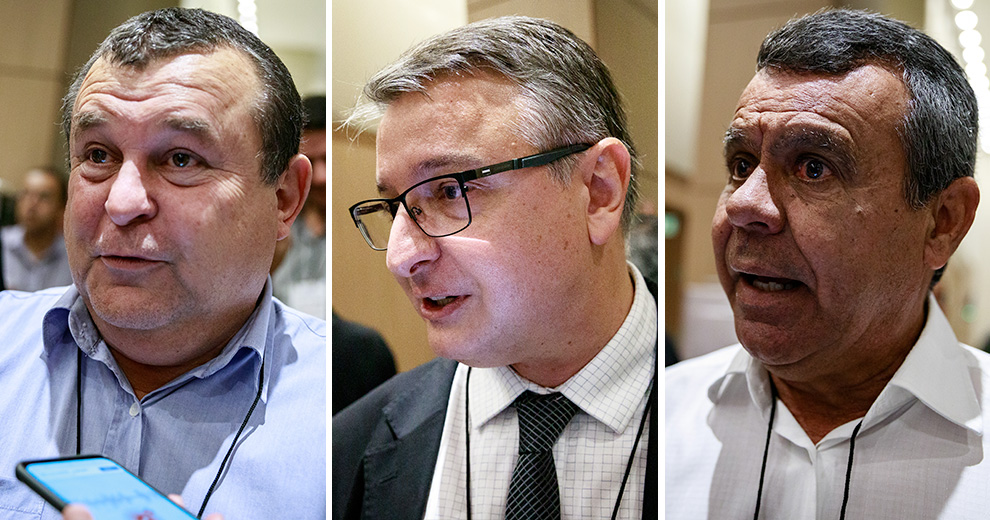
greater effort
The rector of Unicamp, professor Antonio José de Almeida Meirelles, said that the main objective of the University is to make the knowledge generated in the academy serve the region, the state and the country.
“We want to contribute to reducing inequalities, to guarantee sustainability and social inclusion. This is our disposition as an institution, but it is not possible to do this without a close relationship with the municipalities, with the state government and with the Union”, he evaluates.
The dean says that Unicamp's proposal to assign an area for the construction of a regional hospital is part of a larger effort. “We want to think about health throughout the region. And the proposal of the regional hospital goes in that direction. This project will not only make it possible to make a leap in the quality of care and health care, but also to expand the oncology areas, which is a major challenge for us today, ”he says.
For Meirelles, the project will allow advances in other areas. “In the area of health care, we can expand the industrialization of our region, making innovation, science and technology serve to bring in new companies in the health area, which build equipment, manufacture drugs, and operate in care and hospital logistics. or in information technology applied to health care”, recalls the dean.
“Using this set of tools, we can, in fact, contribute to reducing inequalities in our region and to substantially improve the services provided to our population as a whole”, he concludes.
Elective surgery waiting list (number of people waiting for elective surgery)
Ophthalmology — 20.814
Orthopedics — 10.860
Dermatology — 6.639
General Surgery — 6.436
Urology — 4.703
Pediatric Surgery — 3.524
Neurosurgery — 3.051
Source: Center for Regulation of Services and Health CDR CROSS for RRAS15 in December 2022.
Originally published on Unicamp website
